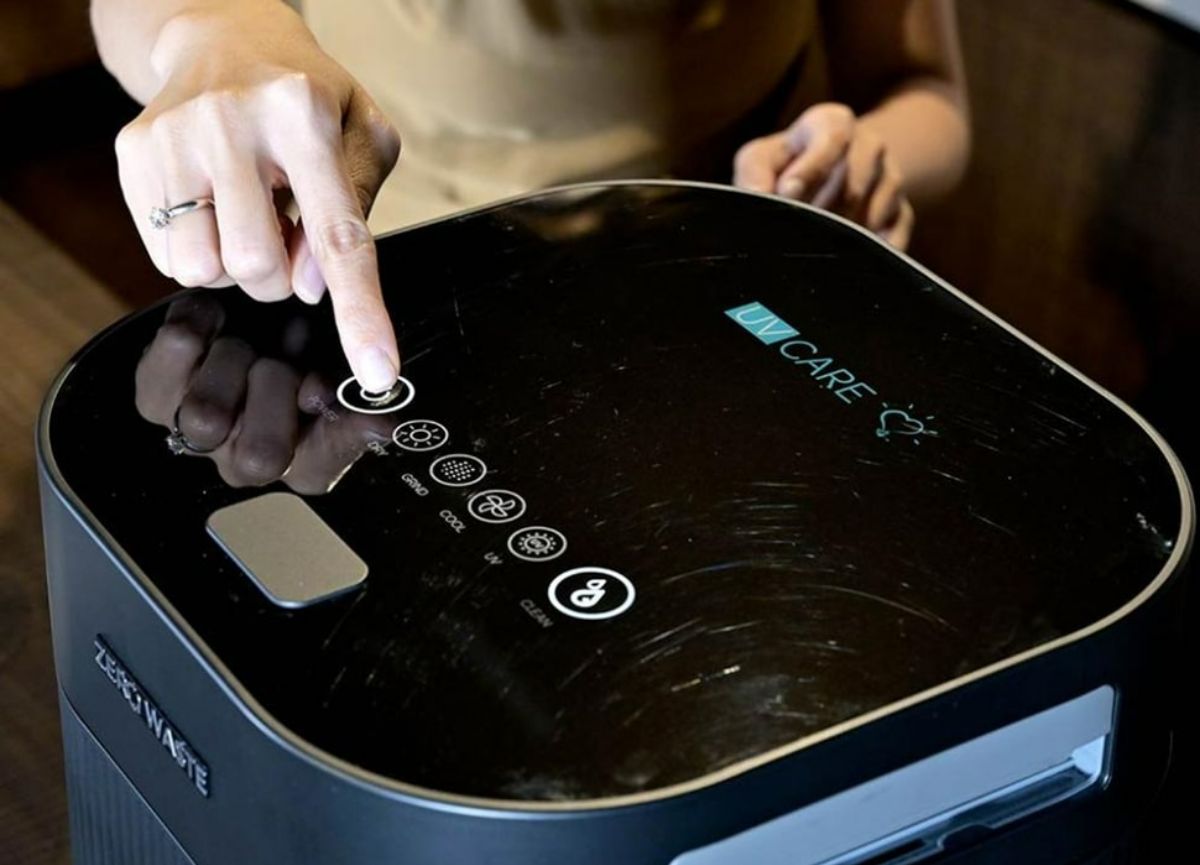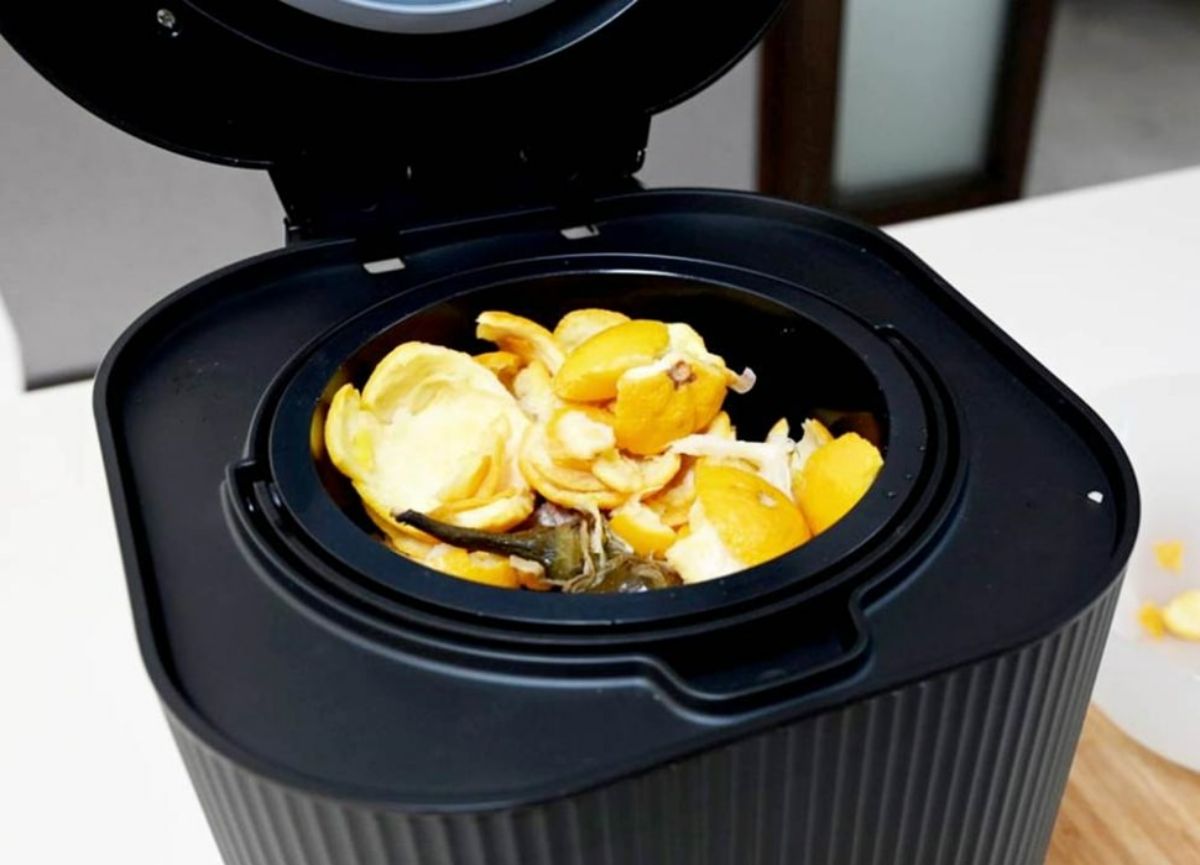What are the tips to manage kitchen waste?
- Plan your meals
- Store food properly
- Repurpose your leftovers
- Compost your scraps
- Fertilize your garden
Here’s the thing about kitchen waste: it’s everything you don’t want in your home. It’s smelly, unappealing, and messy. And yet, it’s a constant problem!
How does one keep it organized in their bins, and how do you avoid it being an unpleasant force in your home? Your first thought might be to throw it away — but did you know that there’s a more efficient way to handle our trash?
Food-wise, we’ve adopted a few sustainable approaches to managing our waste. We thought it might be useful to give our readers a few tips to manage kitchen waste to help out!
Why is food waste such a big problem?
Food waste might not seem like a big deal to you. Sure, it’s unpleasant, and you want to be rid of the problem. However, food waste is easily one of the top contributors to global pollution.
Almost one-third of all food made for human consumption is wasted every year. This contributes to about 8% of the world’s greenhouse gasses, and tons and tons of natural resources are wasted along with it. Take, for example, beef. Producing just one kilogram of beef uses up 15,400 liters of water!
Cutting down on food waste isn’t just good for the planet, but for your bottom line too. You can end up saving thousands, all while keeping your home neat and efficient. The good thing is that you can make a difference in how much food waste goes into our landfills by making a few key changes to how you store and handle food at home!
So what can you do to manage food waste at home?

In many ways, going “zero-waste” can make a positive difference for both the environment and your home. Here are a few smart ways to manage your food storage and waste management!
Plan your meals
You have to start at the source: how you’re buying your food. Meal planning is one of the easiest ways to manage your food waste! So, make a list of the meals you’d like to prepare for the week, and what ingredients (and which quantities) you’ll need.
Before that though, take a good look at what’s left in your fridge and pantry, and try to use up the rest of the ingredients you have first. Once you’re out shopping, stick to the stuff on your list!
Store food properly
After you’ve stocked up, you have to store perishables, such as your fresh fruit and veggies, properly. Doing so will help them stay fresh longer. Try storing them separately, and in the appropriate container.
If you’ve bought too much fresh produce, you can always freeze or preserve it to extend its shelf life. Lots of foods can stay in your freezer — including bread, sliced fruits, and pre-cooked meals. Just make sure to check what’s left in your freezer to keep track of the food you still have on hand.
Repurpose your leftovers
Rather than throw it in a trash can, there are many ways that you can “recycle” your food scraps.
You could reuse veggie and meat scraps (including bones) to make your own broths and soups — which can be kept for a long time in your freezer. Wilted greens can be revived in soups, too.
Seeds and cuttings from produce like onion, avocado, potatoes, and lettuce can be used to regrow new ones. Or, you could compost your food waste, which has a lot of benefits for your home (which we’ll dive into in the next section)!
Compost your scraps
Composting food waste is a great way to reduce the amount of trash you throw away every week. Whatever can’t be reused can be recycled. Composting your food waste gives it a second life, so to speak, and also helps you cut down on your carbon footprint.
While the word compost brings to mind large plastic bins and wide outdoor space, you don’t actually need much to start composting at home. In fact, UV Care’s Zero-Waste Smart Waste Bin is a quiet, compact, and effective composter for any home.
Equipped with a powerful dehydrator and UV-C technology, it can convert your food waste into usable compost in just a matter of hours. With our Zero-Waste Smart Waste Bin, managing your waste is hassle-free — all you need to do is throw in some food waste, press a single button, and voilà, you have nutrient-rich soil additives for your garden to use!
Fertilize your garden
As we mentioned, composting turns what food you can’t reuse into nutritious food for your plants. It’s an eco-friendly and cost-effective way of keeping your plants looking greener and healthier than ever before!
And, with UV Care’s Zero-Waste Smart Waste Bin, you can keep the composting cycle quick and odorless. Its enclosure is air-tight, so you don’t have to worry about the sight or smell of composting waste. Plus, it comes with a cleaning function — using a UV-C lamp, our smart waste bin eradicates any remaining germs and bacteria left on its bin.
So, if you have a garden at home and you don’t follow a sustainable waste management procedure yet, get our Zero-Waste Smart Eco Bin!
Key Takeaway
Our expert tips on how to manage kitchen waste will help you keep your home clean, efficient, and eco-friendly for years! Plus, with UV Care’s Zero-Waste Smart Waste Bin, you’ll have a great way of dealing with your leftovers and feeding your garden.
Want to learn more about our FDA-certified, UV-C-powered technology, or how we can be your trusted partner in germ protection? Contact us today!

